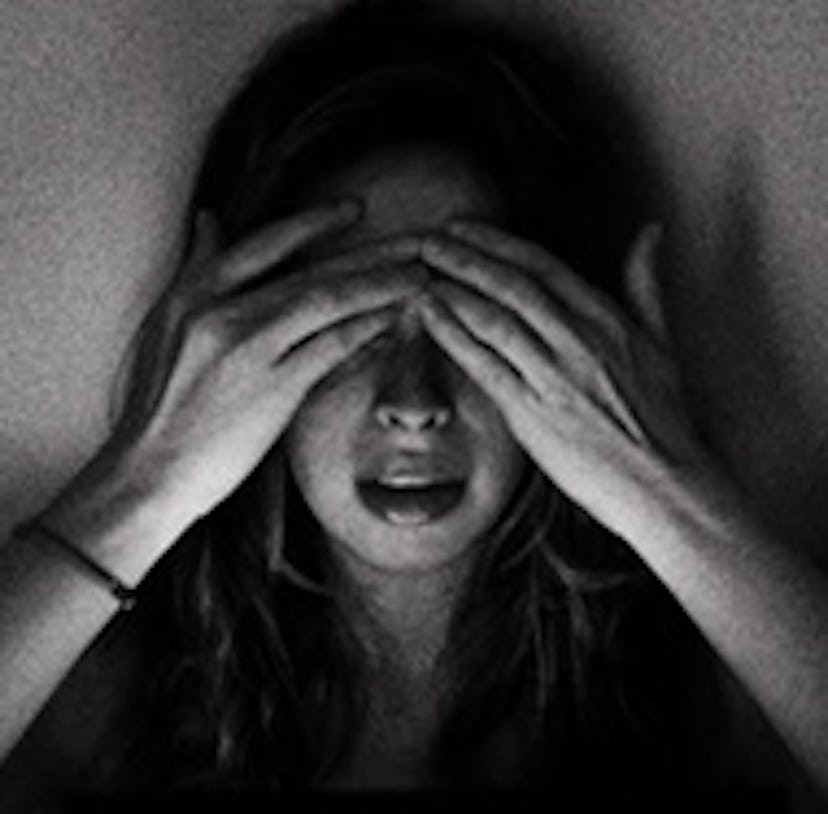Five minutes with the mysterious Milan blogger behind Opera Chic
If you really want to know what's going on in the opera world in all its blood, guts, glory, missteps, tantrums and fashion fits and flops, there's one blog to read: Opera Chic. Started three...

Why do you blog anonymously? It allows me to be invisible when I go to events so I can play by my own rules. Also, freedom of the press in Italy is not quite the same as in the States. The slander laws here are so much tougher. You have to really be aware of exactly what you’re implying in your writing, or you can run into trouble.
How long have you been living in Milan? You come across as such a blend of American and Italian. I’ve been here since November 2006, and I’d been living there for about 9 months when I started Opera Chic. I mean, I love Barbaresco, ravioli di zucca and Loro Piana cashmere [laughs] but being in Italy makes me so proud to be an American, because we have such an open and accessible culture. Americans are so much more progressive.
How often do you go to the opera? At La Scala, I see basically every production, which gets really expensive. I also go to a lot of recitals. Between La Scala and Milan’s other classical music venues, I would say that I see an average of two classical performances a week.
What’s your take on the very public, very nasty breakup of Roberto Alagna and Angela Gheorghiu? Let’s just say we’ve never seen anything like this in the opera world before. It’s gotten really ugly, kind of like that movie The War of the Roses with Michael Douglas and Kathleen Turner.
Who have the fans sided with? Roberto, he’s much more sympathetic. He’s come across as less angry, less vitriolic. Angela is fighting dirty — she has basically said to the press that his family is poor and trashy. But really, neither of them are handling it gracefully.
Who are the new talents that opera fans are excited about these days? German tenor Jonas Kaufmann is on the tip of everybody’s tongue in Europe and he has the voice to back it up. There’s also Italian tenor Vittorio Grigolo, who’s probably my personal favorite. He has charisma in spades and has a good crack at the lucrative American market. Then there’s Kate Aldrich, an American mezzo who’s the full package. She’s gorgeous, smart, and has a knockout voice.
How would you describe the difference between New York and Milan audiences? Both audiences are conservative, but audiences in New York are much younger. I would venture to say that Italian audiences, although they are probably more willing to accept change on the stage, often overrate their own knowledge, and they might be less intelligent than they think they are.
What do you mean by that? Well, they’re more willing to accept something provocative on the premise that it’s the more intelligent way of doing things. For instance, all that controversy at the Metropolitan Opera this year over Luc Bondy’s production of Tosca. The Italians wouldn’t have reacted as strongly.
Let’s talk fashion, Milan versus New York. Audiences at La Scala are definitely more dressed up and the threshold of dressing up really doesn’t end. You see a lot more black at La Scala, too, pretty much all the women come dressed in black.
You must just cringe when you see Americans at the Metropolitan Opera showing up in sneakers and jeans. Sure. But you know, I’m basically in agreement with wearing what you want to. The opera world in general needs to be more progressive. A few years ago [La Scala’s general manager] Stephane Lissner had strict dress code rules printed on the back of the tickets that basically decreed black tie for premieres, and jacket and tie for all other performances. They’ve since revised the rules and made them more generic. People just wouldn’t care otherwise. And then you see the painfully overdressed tourists in tuxedos and gowns for some fifth-replica of an old Rigoletto. But then it’s probably their debut at La Scala, a big deal. I felt intimidated too, the first time I went.
You really took the gloves off in your review of opening night at La Scala earlier this week. You called the director, Emma Dante an “amateur” who swindled Scala “into paying her big bucks for something so painfully off the mark.” Any thing you want to add to that? Look, Dante was hired because at La Scala, after having secured two huge stars for the lead men roles (Erwin Schrott & Jonas Kaufmann) and a star conductor (Daniel Barenboim) they wanted a director that offered them a safe way to look cool — something that would look “edgy” when it really wasn’t. Carmen can’t become one of Dante’s plays, no matter how hard you try; and Barenboim was there to declaw Dante’s more radical ideas. In the end, what we got was a Carmen with cartoonishly animalistic women characters, where in a seriously skewed (and very Italian) perspective, fierceness replaces actual independence, and violence against women looks somehow cool. It’s feminism for Misogynists 101. It went down like a charm here.
Check out Opera Chic.